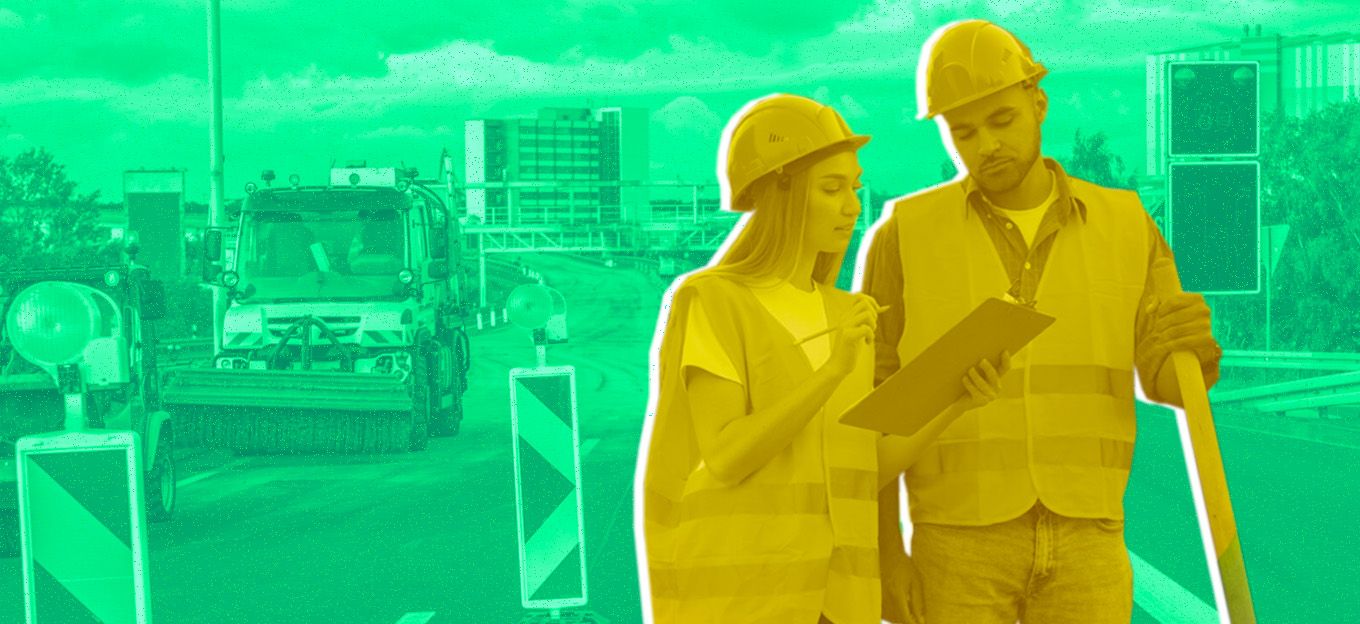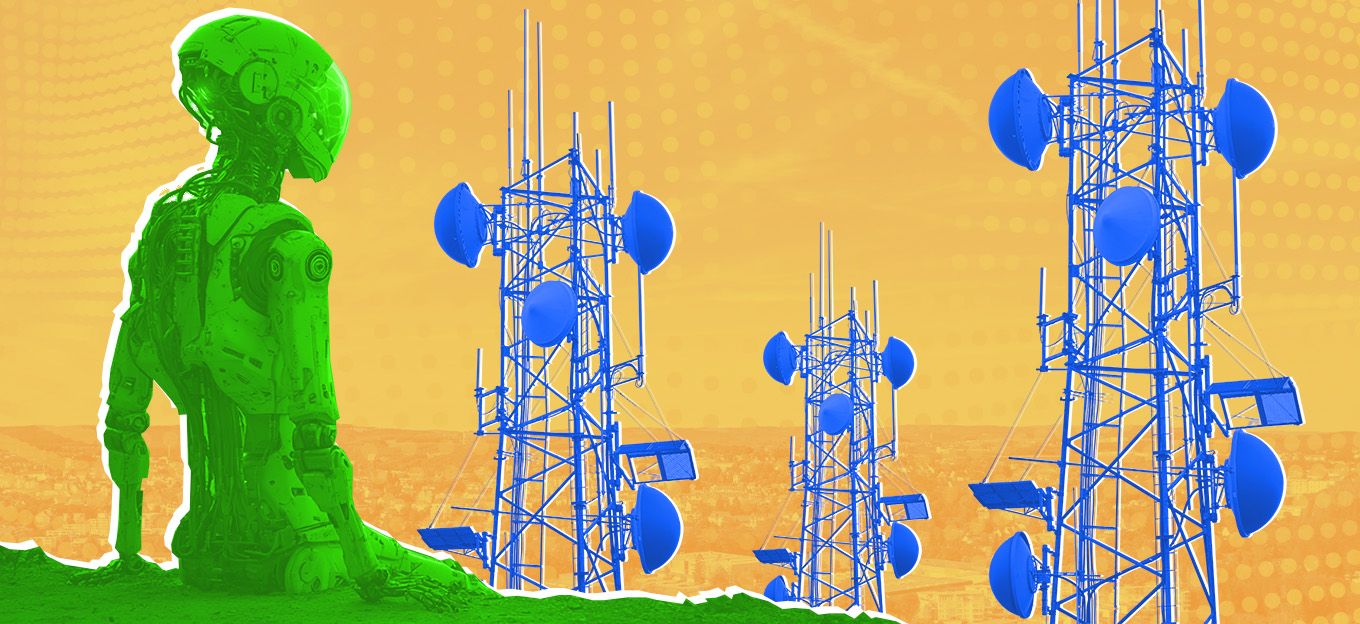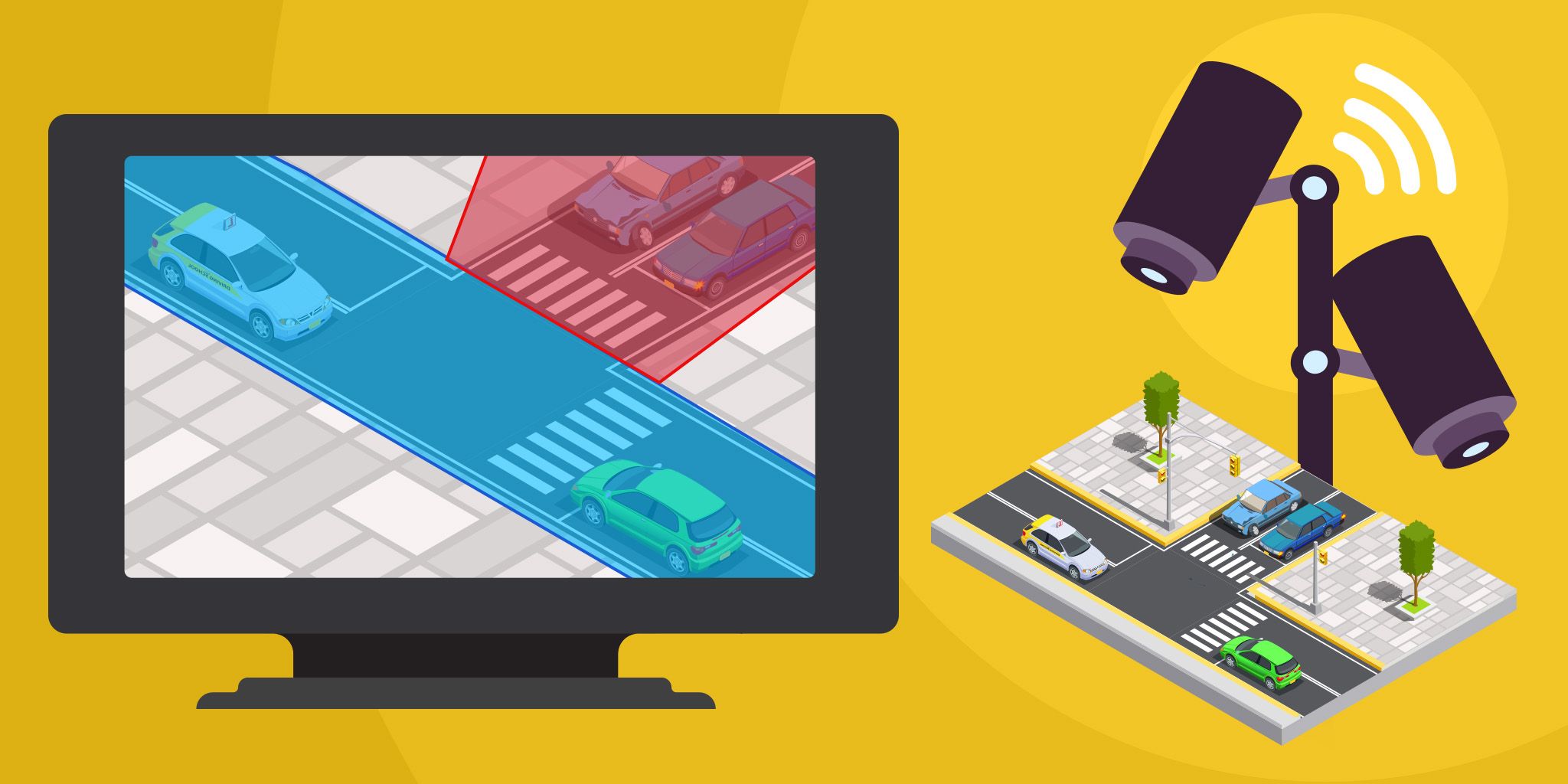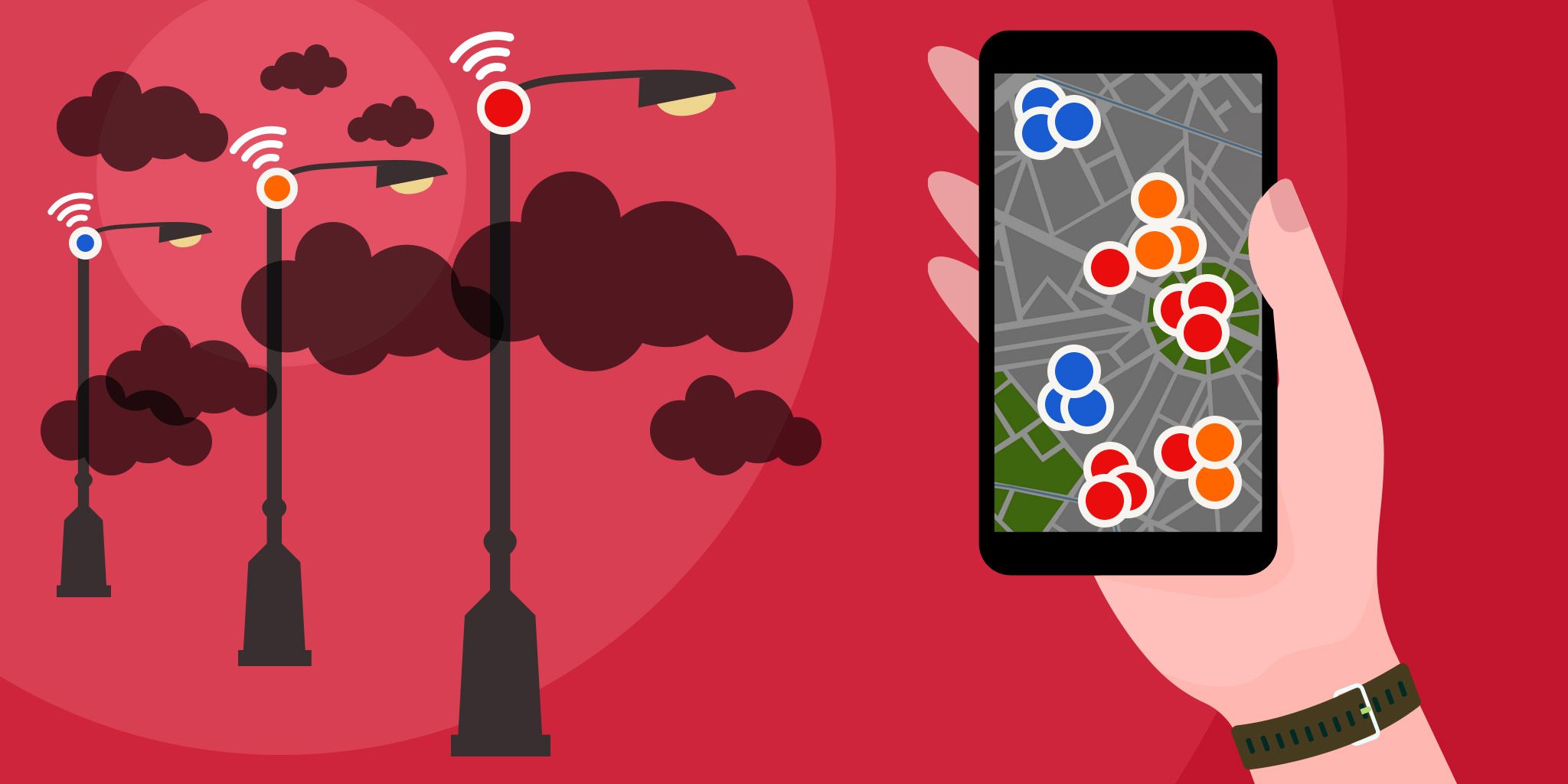How Smart Cities Use IoT-Based Parking Solutions
How Smart Cities Use IoT-Based Parking Solutions
- Last Updated: December 2, 2024
Guest Writer
- Last Updated: December 2, 2024



Artificial intelligence (AI) is playing an ever-increasing role in our daily lives.
Through the wealth of apps available to us on smartphones and other devices, AI shows us the fastest route while driving, helps us find the lowest gas prices on the same trip, and can even point out attractions we might like along the way. Data-backed fitness devices give us important stats on our activity level and help fine-tune our daily routine for optimal health benefits.
The increasing number of vehicles on the road, along with the mismanagement of available parking space, leads to parking-related problems; thankfully, smart parking systems offer solutions.
With the rise of smart cities, AI will be an even bigger part of our lives. It can even help solve one of the trickier dilemmas most urbanites who drive face on a daily basis: where to park.
Daily Parking Issues
- Not enough parking spaces in a densely populated area.
- Poor use of available parking spaces.
- Time and gas used to find open parking spaces.
- Difficulty finding vehicles in large parking lots.
- Traffic congestion centered around poorly executed parking structures.
- Business parking spaces are taken by commuter parking.
- Inconvenient parking spaces.
- Poor parking price models.
- Proper handling of handicapped spaces.
- Unused private parking spaces.
- Environmental impact of excessive fuel use in seeking parking.
- Unclear parking policies.
What Is Smart Parking?
Combining human innovation and advanced technology, smart parking is a strategy that smart cities can use to increase parking efficiency and combat numerous issues. Smart parking will reduce fuel use because the driver won't be circling streets looking for a place to park because they'll have an identified space. Drivers will also save money and time with denser, easier parking.
Smart parking utilizes smartphones and other sensing devices to ascertain the occupancy of a parking structure or level. It's accomplished through the use of cameras, counting utilities at the entrances or gates of parking structures, sensors embedded in the pavement of individual parking spaces, etc.
With traffic congestion being a substantial problem in many urban areas, smart parking offers a partial solution. Much of the traffic is caused by people searching for parking spaces as a routine activity. The daily search for parking spaces consumes one million barrels of the world's oil supply daily. If the search for parking spaces was reduced or eliminated, some of the congestion in traffic would be diminished.
As AI continues to develop and improve, new solutions that can be used to improve our communities emerge. More cities, universities, and transportation leaders by the day are taking a closer look at parking analytics and smart parking. Smart parking is an important element in the development of smart cities.
How Can IoT-based Parking Provide Solutions?
New wireless sensor-based technologies are leading the way for efficient town planning and the development of smart cities, thanks to the Internet of Things (IoT). Innovations like facilities for viewing parking data, dynamic messaging, and parking sensors are being explored to aid in city design and town planning.
Using real-time parking data and extending it to people who can use it to quickly and easily locate parking will alleviate many problems caused by parking in urban areas. Such technology can help guide visitors to available parking spaces and more.
Smart Parking in Cities
Technology that impacts smart parking in cities isn't about parking itself so much as distributing information to planning cities and their services. While cameras, sensors, and wireless transference of data are vital to establishing such a solution, it's the data harvested and provided and how it's used that makes for a solution. It really works in sending real-time information to commuters and drivers to let them know where to find available parking.
Airport Valet Parking Systems
Robot valet parking is in its early stages in the US, but the systems show a lot of promise. It may not be an easily adopted service. The systems count on travelers arriving and leaving their cars in the care of these robots, and many may be reluctant to do that at first.
These valet parking systems are really automated towing vehicles that take cars to available spaces at the airport so the traveler doesn't have to.
New Parking Concepts
With assistant services like Siri, Cortana, and Alexa, it's not hard to imagine having such an assistant within a vehicle's onboard computer to help with tasks like locating parking spaces. Parking sensors that can communicate how to park with the tap of a button would be even better.
Another great convenience could be handling payments like correct change for parking at parking structures because sometimes, we don't have cash available. Having a contactless payment system would make parking fast and convenient.
Parking Applications
There are already many parking apps to help with daily parking assistance. More parking apps are being developed daily. These apps allow you to pay for parking in advance and update your situation if your plans change and you need to stay longer. Other features include telling you where to find on- and off-road parking and directing you to such locations.
Apps will play a vital part in smart parking moving forward, providing helpful information to drivers when they need it most.
Enhancing Multi-level Parking
Multi-level parking structures in large urban areas are often a necessity. In the future, the development of automated car parking systems may park cars for drivers and bring them around for the driver when they return. Using lifts and pallets, the systems will store vehicles in rows and columns.
Not only would less time be spent by the driver or commuter in looking for a parking space and trying to find their car, but there would also be a reduced risk of damage to the vehicle for travelers willing to take a chance.
Final Thoughts
Smart parking solutions will only make city governments more efficient and greatly help the emergence of smart cities. With the perpetual growth of urban areas, now and in the future, smart parking will be an emerging industry that's vital to the success of smart cities.
Smart parking will offer numerous solutions to aid cities in serving their citizens in ways that save them time and money. The same solutions will also serve to reduce traffic and help the city run more efficiently.
The Most Comprehensive IoT Newsletter for Enterprises
Showcasing the highest-quality content, resources, news, and insights from the world of the Internet of Things. Subscribe to remain informed and up-to-date.
New Podcast Episode

IoT in 2026: Trends and Predictions
Related Articles




